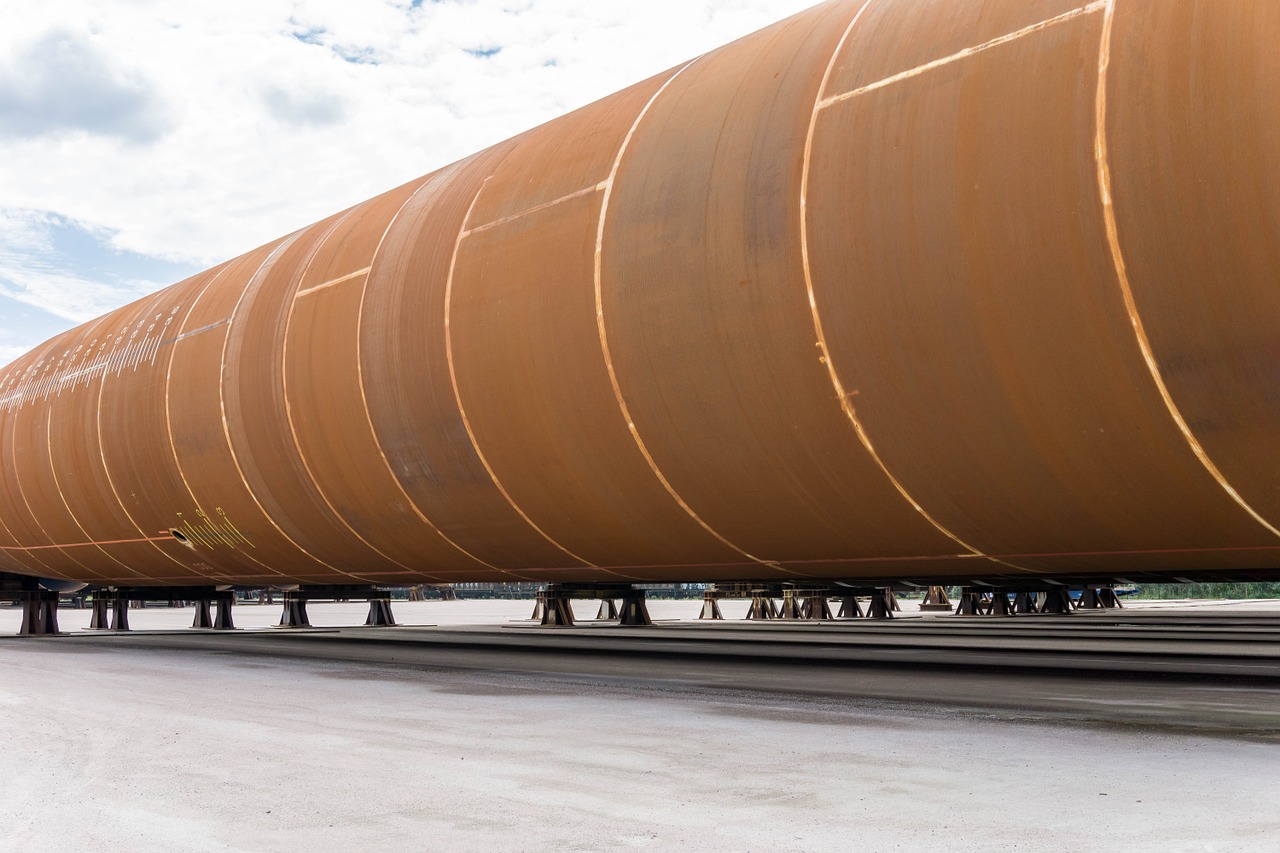The European Union has announced sanctions against Moscow that it expects to have “massive consequences” but has stopped short of a Russian oil or gas embargo for now. While talks about the former have been intensifying, Russia might beat European countries to it on the latter. Monday night, Russian Deputy Prime Minister Alexander Novak said in a statement that Russia could cut off the Nord Stream 1 gas pipeline as retaliation against Germany for withdrawing support for almost-finished Nord Stream 2. Novak also said he expected Europe to take longer than one year to replace oil currently bought from Russia and that it would come at a much higher price of $300 per barrel or more.
Russia currently supplies 40 percent of the natural gas imported by the EU, so which alternatives could European countries turn to in the event of Russia turning off the tap? The continent would have to look towards suppliers of liquefied natural gas (LNG), which typically arrives by ship. The main LNG exporting countries in the world in 2020 were Australia, Qatar and the United States, according to BP. While Qatar is the closest to Europe, the Qatari government has been somewhat tight-lipped about stepping in as a gas supplier for the EU. The country said it was not willing to break its long-term contracts over a possible European gas crunch, leaving only around 10 percent of Qatari gas that is not bound up otherwise. Qatar could be interested in a new long-term contract with European countries, but this is something that the EU had already temporarily put on hold over antitrust concerns. Human rights violations are another area that could cause EU buyers a headache when dealing with Qatar.
With supply still unclear, but talks underway, German has already announced the building of two LNG terminals on the country’s Northern shore, which would be the nation’s first. Other countries especially in Southern Europe, are already employing this method. In 2020, the latest year where data is available, Portugal imported 56 percent of its gas from Nigeria and 17 percent from the U.S, while Spain bought more than 35 percent of its gas as LNG. Italy and Greece also sourced some gas in the U.S. and Qatar in 2020. An LNG terminal in Klaipedia, Lithuania, has taken up work in creating some energy independence in the Baltics, Finland and soon, Poland.
Currently, almost 75 percent of EU supply (EU-27 and UK) arrives on the continent by pipeline, according to the U.S. Energy Information Administration. Besides Russia, Norway and Algeria also pipe large volumes to Europe, but do not really have any additional production capacity to avoid a shortage in the event of a cutoff by Russia. According to calculations by the Economic Institute of Kiel, a complete end of natural gas sales to the West would actually constitute a painful event for the Russian economy, cutting out almost 3 percent from the country’s GDP.
You will find more infographics at Statista
Ask me anything
Explore related questions






